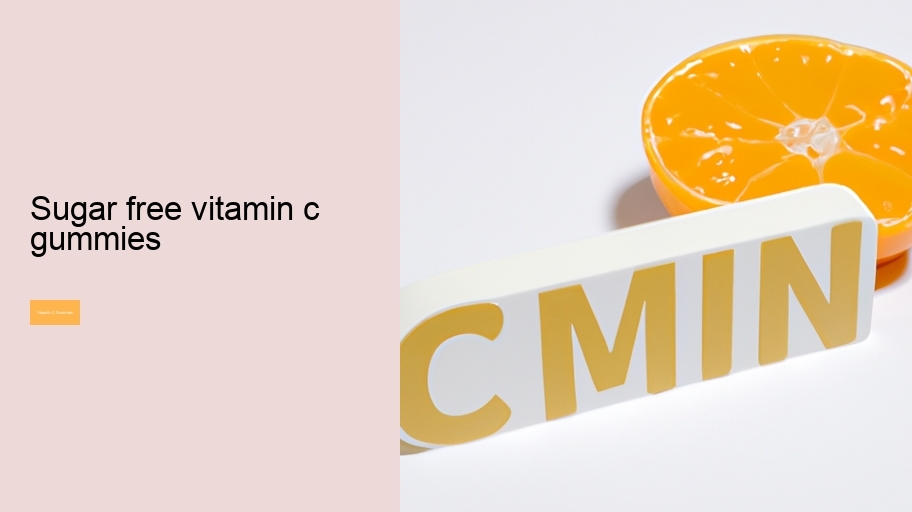Vitamin C is crucial for the formation and repair of connective tissues, including tendons, ligaments, and cartilage, which are essential for joint health and flexibility. vitamin By neutralizing these free radicals, vitamin C contributes to overall health and longevity. While they may not completely eliminate the risk of catching a cold, regular intake of vitamin C can reduce the severity and duration of cold symptoms. products vitamin c deficiency
Vitamin C gummies have become increasingly popular as a convenient way for people to supplement their health with this essential nutrient. It neutralizes free radicals, unstable molecules that can cause cellular damage and lead to various diseases.
Sugar free vitamin c gummies - gummies
- cons
- vitamin
- vitamin c deficiency
- ascorbic acid
- products
- supplements
- gummies
- supplements
- cons
- products
This demographic can benefit from the convenience and taste of gummy supplements.
Sugar free vitamin c gummies - vitamin c deficiency
- cons
- vitamin
- vitamin c deficiency
- ascorbic acid
While they should not replace sunscreen, the antioxidant properties of vitamin C can complement sun protection efforts, reducing the risk of skin aging and damage caused by UV rays. Vitamin C is involved in the synthesis of collagen, which is essential for the healing of wounds, injuries, and surgical incisions. supplements ascorbic acid
